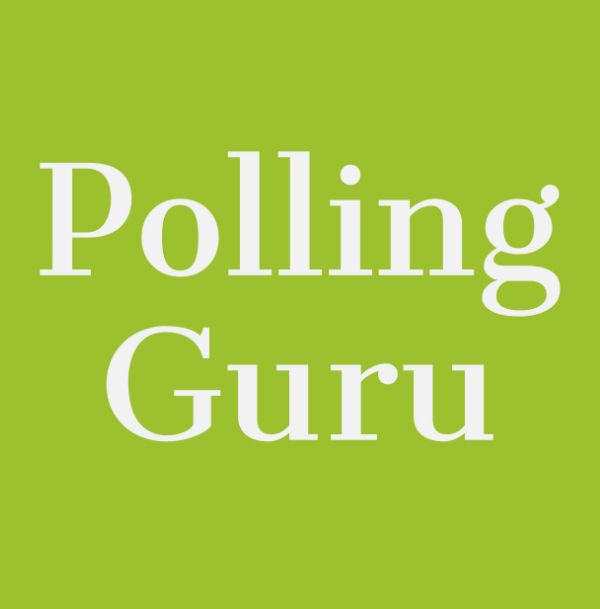The Government of Canada is not out of touch with Canadians when it comes to legalizing marijuana. In fact, a majority of Canadians have been in favour of legalization for 10 years or more and this is not a passing fancy. Gone are the “war on drugs” days of the 1980s and early 1990s. But as governments put in place the legal and regulatory regime to govern marijuana, it is worth considering what Canadians actually support.
Legalization is a victory of sorts for democracy at least in the sense of those advocating for Parliamentary responsiveness to public will. Majority support for action does not always translate into change. This is one of the most significant policy reversals of long-standing justice policy in recent history and it has occurred not through court action (think of same-sex marriage; prostitution; assisted dying as examples of the latter) but through policy leadership from a major party.
Two things are, however, clear from the public opinion data. First, Canadians, on the whole, have not embraced marijuana as they have moved in the direction of supporting legalization. The support for legalization is rooted in the abandonment of a criminal lens through which to view marijuana use and should not be viewed as support for its recreational use necessarily.
Second, is that the main driver of the change has not been articulated. Is it a value shift in permissiveness that is viewing the state as less important in governing individual behaviour? Alternatively, is it a practical recognition of the failure of the war on drugs? Or, a changing understanding of marijuana and its benefits (see below the support for medicinal marijuana).
Support for Legalization as Much about Decriminalization as Anything Else
We begin with the historical record. There are three long trends in questions asked across time, including a question asked by Environics, Ipsos, and Ekos, in addition to less historical data from Angus Reid.
The graphs reveals a pattern of increasing support for liberalization of laws surrounding marijuana use.
- The earliest data is from Environics Focus Canada and shows that while the share of Canadians who favour legalization of marijuana from 25% in 1883 to a low of 12% in 1989, it subsequently rose through the 1990s before falling off slightly in the early part of the decade.
- In 1987, 39% either somewhat or strongly supported decriminalizing the possession of marijuana in small amounts and this rose to 55% in 2003 and climbed as high as 66% in 2012 [Ipsos]. in an IPSOS survey and support has largely increased since that time.
- EKOS data shows support for not treating the possession of small amounts of marijuana for personal use as a crime (top 3 box score out of 7) rose slowly from 2000 to 2010 and then rose dramatically after that.
The early trends are a clear indication of the difference between legalizing and decriminalizing. The gap between the Ipsos and Environics trend is very large in the late 1990s but the gap closes significantly by the early 2000s.
Legalization and decriminalization in a broad question come to mean the same thing for the public (compared with earlier in history). Support for this comes from the fact that three surveys by the Angus Reid Institute, which asked about legalization appear to be tracking along the lines of the Environics trend and only differ modestly from the Ipsos trend line.
And even with or because of the attention to the issue over the past 12 months, support for legalization remains high. A recent poll indicates that 65% think it should be legal but there is considerable support (47%) for delaying the implementation.

The trends in support for legalization/ decriminalization hide a key aspect of the evolution of public opinion in the 1980s and 1990s because they reduced the question to a single option. As Gallup tracking shows:
- Support for the idea that possession of a small amount of marijuana should not be an offence actually declined through the 1980s (it was 16% in 1989) before showing an increase at the end of the 1990s.
- Through the 1980s more Canadians came to the view that possession should be a criminal offence but by the late 90s, only one in five held onto this position. In its place, the support for a fine similar to a traffic violation was the plurality view.
In the late 1990s Canadians came to see marijuana possession as a minor offence — a complete reversal of how they saw the issue in the 1980s — but only one in four saw marijuana use/ possession as not an offence. This reversal set the stage for the acceptance of legalization or decriminalization but should probably not be interpreted as an endorsement of marijuana use per se.

Concluding Thoughts
The criminalization of marijuana certainly seems like a different kind of issue than prostitution, assisted dying and same-sex marriage. It is worth wondering if there would even be grounds to challenge these laws on a Charter basis. Nevertheless, public opinion moved in a positive direction and this became, at least in part, part of the narrative around supporting the change.
That said, the past year has shown that there is a lot of grey area between public support and the nitty gritty of policy implementation.
This article is partially based on an earlier post by Richard that was posted to jenkins research.ca



[…] Getting High — the Growing Support for Legalizing Marijuana […]
Comments are closed.